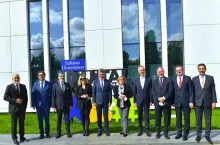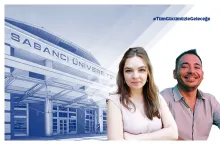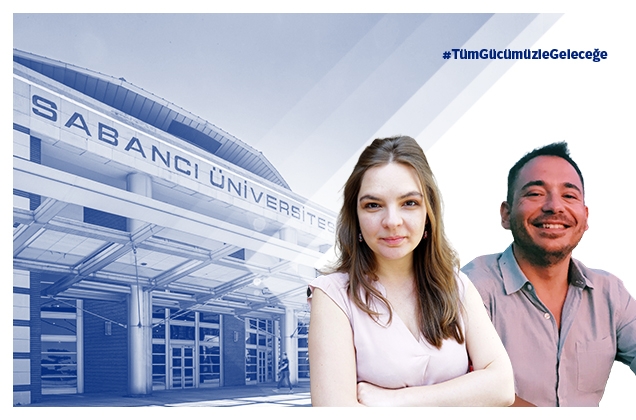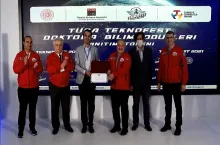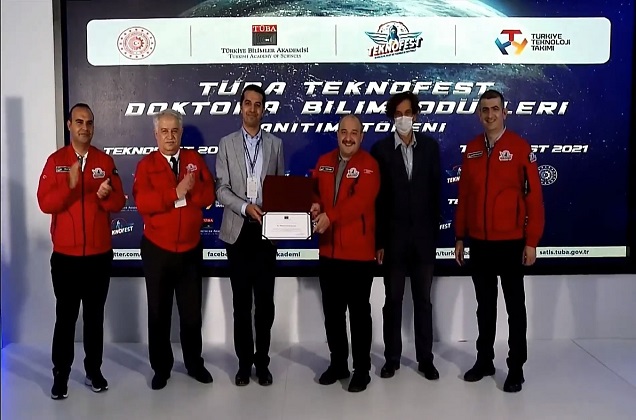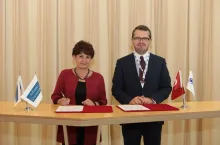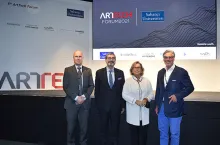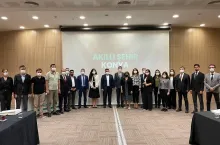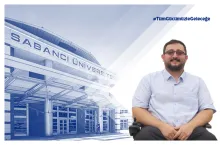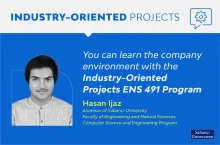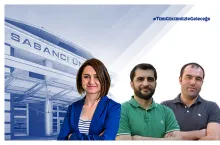08/10/2021
Sabancı University has opened its Digital Campus in Altunizade, Istanbul with an infrastructure investment, of which there are only a few examples in the world in terms of educational technologies. On its new campus, Sabancı University will host businesspeople and professionals from all over Turkey through its graduate programs tailored to needs of the business world.
